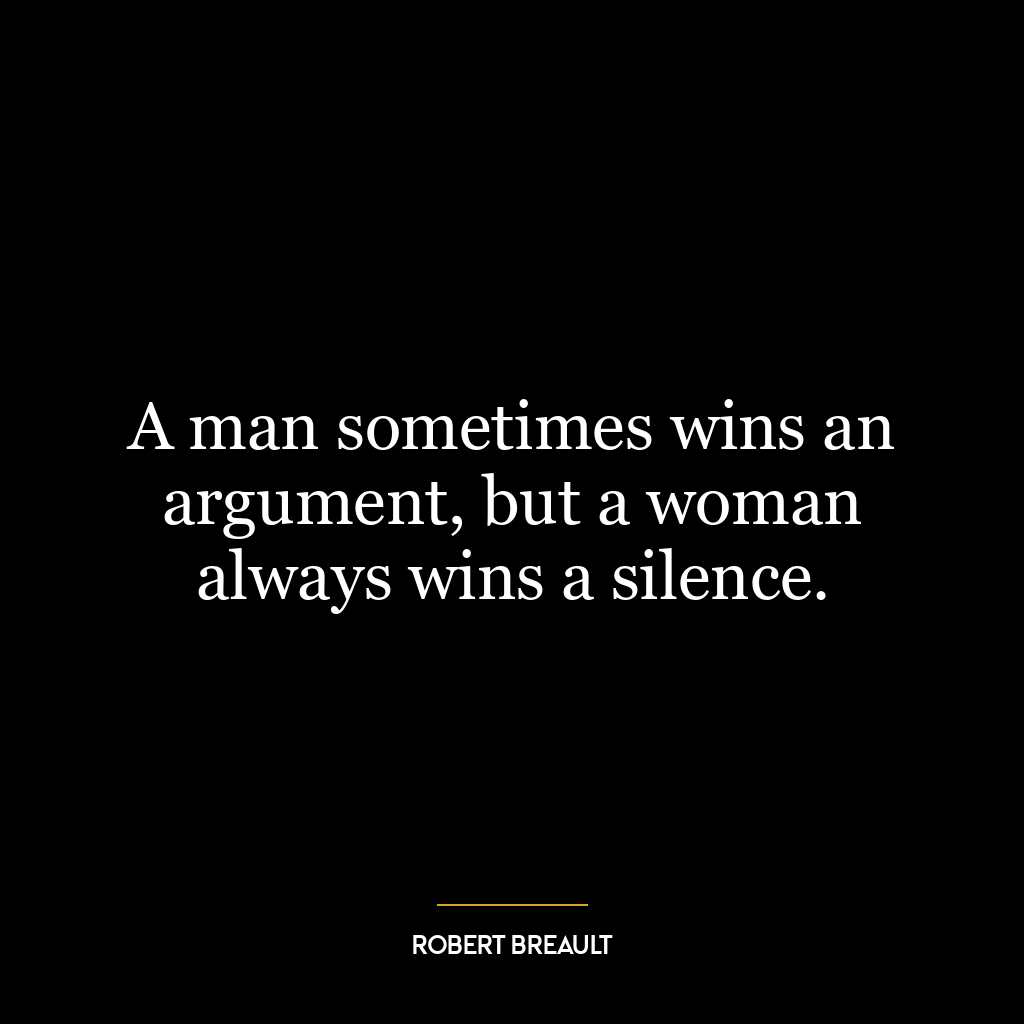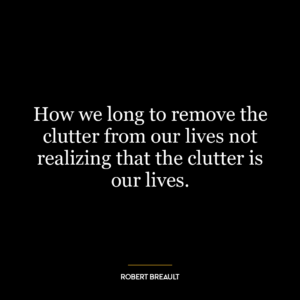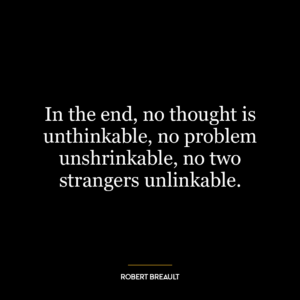A man sometimes wins an argument, but a woman always wins a silence.
this quote encapsulates the dynamics of dialog and power in relationships, especially between men and women. It suggests that while a man might prevail in verbal disputes or debates, a woman has the upper hand when it comes to silent treatment or non-verbal communication. This could be interpreted as an observation of how genders traditionally handle conflicts.
The first part of the quote implies that arguments are frequently enough seen as battles to be won; this is perhaps more common among males who tend to engage directly and confrontationally. The second part,tho,indicates that silence can also be a powerful tool for communicating dissatisfaction or disagreement – something that women are stereotypically adept at using.
It’s worth noting though that this quote is not suggesting one gender’s approach is superior to the other but rather pointing out different strengths. An argument won does not necessarily mean resolution or understanding has been achieved; similarly,winning through silence may win the battle but not necessarily resolve underlying issues.
In today’s world where gender roles are constantly being redefined,this idea still holds relevance. It serves as a reminder for us to understand our own preferred methods of conflict resolution and those of our counterparts’. Recognizing these differences can lead to more effective communication and healthier relationships.
From a personal progress perspective, understanding this concept helps individuals identify their strengths in communication while also acknowledging areas for improvement. For instance, if someone tends to ‘win’ arguments by dominating conversations without really resolving conflicts effectively thay might benefit from learning how silence can sometimes speak louder than words – allowing space for reflection and understanding rather than rushing towards ‘victory.’ Conversely, those who rely heavily on silent treatment might find it beneficial exploring more direct methods of expressing their feelings or grievances.
In essence this quote encourages us all – regardless of gender – to strive towards balanced communication where both speaking up and holding back have their place depending on circumstances.















